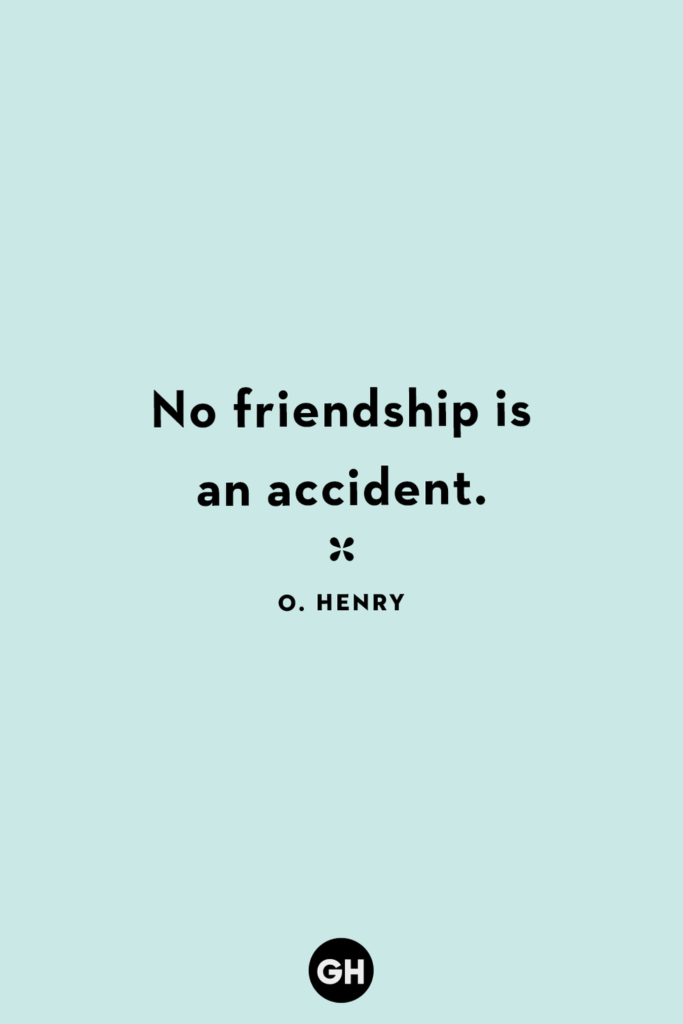بسم الله الرحمن الرحيم
Teenage Years: Most Difficult for the Parents
“I never asked to be born!”
“Stop trying to control my life!”
“I hate you!”
You thought you were over the hard part—changing diapers and being awakened throughout the night by your crying baby, dealing with an uncontrollable two-year-old “monster,” and trying to handle a mischievous child, who was always getting into trouble at school. But now comes the really hard part—coping with a rebellious, often rude and obnoxious, teenager.
Muslim Parents: Not Immune from Teenage Problems
The teenage years have historically been a difficult period for parents in America, with very few exceptions. Struggling to find their own place in the world, teenagers often rebel against the ways of their parents. They want to experiment to find out what is best for them. And, unfortunately, Muslim parents may also face many of the same problems with their teenagers that non-Muslim families face.
Muslim children can also be tempted to drink alcohol or take drugs, be physically attracted to someone of the opposite sex in their class, skip school, or get involved in the wrong crowd.
No doubt, it will be a traumatic experience for a Muslim family to find out that their son or daughter is taking drugs, secretly going out on dates with the opposite sex, or getting in trouble with the police, but it could happen. And what if they become addicts, contract AIDS by having unmarried sex, or become a mother or father before marriage. Our great dreams for our children could suddenly turn into nightmares. It has happened to other Muslim families.
This is, of course, a very frightening thought for most parents. Some will merely say that it won’t happen to their Muslim child. But others will take action and look for ways to prevent these problems or to better handle them if they arise.
Although no two families have exactly the same situation, there are some general guidelines for dealing with Muslim teenagers that might be useful.
We should teach them from an early age about Allah Ta’aala , the Prophets AS, the Sahabah RA, and the great heroes of Islam.
If we develop in them a love for Islam and provide them with righteous examples for their heroes, they will be much less likely to go astray. A person wants to be like his heroes. If he admires Prophet Muhammad Sallallahu Alaihi Wa Sallam, Abu Bakr Radhiyallahu Anhu, and AliRadhiyallahu Anhu, he will try to follow their example. If he admires a rock star or a gang leader, he will want to be like them. If we inspire our children with good examples, when they are tempted to do wrong, they will, InshaAllah, remember these examples and remain steadfast.
Although I was raised as a Christian and didn’t embrace Islam until I was in my 20s, I was greatly influenced by the Biblical stories of Prophets like Nuh, Ibrahim, Musa, and Isa (Peace be upon them all). Although the Biblical stories were not in their pure form, they still inculcated in me a love and respect for the way of the Prophets. Although I fell into many of the temptations of youth, Alhamdulillah, I always felt something within me holding me back from going too far. While many of my friends went headlong into a highly destructive way of life, I believe that my knowledge of, and affection for, the Prophets helped me to return to a better path.
We must be very careful about our children’s friends
During the teenage years, children often care more about what their friends say than what their parents or elders say. According to a hadith, “Man is upon the path of his intimate friend; so let each look to whom he takes as a friend.” If our children have good, sincere, and righteous friends, the chances are good that our children will be like them. If, on the other hand, our children hang around with children who take drugs and get into trouble, our children will likely take drugs and get into trouble.
Therefore, it is essential from an early age that we try to get our children involved with good children. One way to encourage this is by regularly taking them to the mosque (be careful not creating disturbance) or by sending them to an Islamic school where they will have the opportunity to meet and interact with Muslim children. We should be worried though if our children start hanging around with bad-mannered and disrespectful children.
We should encourage our children to participate in wholesome religious, social, and sports activities
Bored teenagers are more likely to look for fun and excitement in the wrong place. “Idle hands are the devil’s (shaytan’s) workshop,” someone once said. If teenagers’ lives are full of good and exciting things to do, they will not have the time or the desire to get involved in bad things.
We should try to channel their teenage zeal into constructive avenues
Sometimes, teenagers begin to criticize the way of life of their parents and society, and parents are often angered by this. However, we must keep in mind that sometimes they may be right. Our lives and our society are not perfect, and teenagers may have fresh insight into how to improve them. In Living With Teenagers: A Guide for Muslim Parents, Ruqaiyyah Waris Maqsood writes:
“Teenagers are idealists—they want to change the world, and make it a better place. These are not bad ideals, and it is a great pity that adults have forgotten their own ideals in the rat race of daily life. You, the parent, may have ended up as just a hard-working nonentity in some quiet niche in life; a teenager who is a real idealist may end up as a famous person, a reformer, a politician, an aid worker —who knows. The future lies there before them.
It is therefore a foolish parent who tries to ridicule and trample on that young idealism. If it is consistent with Islam, it should be fervently encouraged, and not set at naught.”
If a teenager is idealistic and wants to improve the world, we should encourage him and help him. If he if full of zeal but lacks the proper direction, we should help him to use that zeal constructively. If we get teenagers involved in helping those in need and in working for important causes, their zeal could make a tremendous impact.
We should sometimes admit that we are wrong
Parents make mistakes. If we admit to our children that we are wrong at times, they will not always feel that they have to rebel against us and prove that we are wrong.
We should listen to our children
Sometimes, children act out in order to get our attention. If we give them our attention freely, they will not have to seek it in destructive ways. Also, by listening to our children, there is a greater chance that they will confide in us and ask us questions, rather than seeking answers from negative sources.
We should do what we say
Teenagers hate hypocrisy, and many of them seem to have a built-in radar for detecting it. If we want them to listen to us and take our advice, they must trust us. If we tell them not to drink, but drink ourselves, they will not respect us.
The teenage years are usually difficult, and parents need to prepare for them before they arrive. If parents have built a strong, trusting, and loving relationship with their children before the teenage years, their children will be less likely to go astray. It is very difficult to see one’s child going in the wrong direction and not know how to stop him from destroying himself. But if we work hard to instill in them the right values early and try to help them develop a wholesome lifestyle without being overbearing, perhaps we can prevent such a tragedy from ever occurring.







 “All of my Ummah will be forgiven except those who sin openly…” [1]
“All of my Ummah will be forgiven except those who sin openly…” [1]
